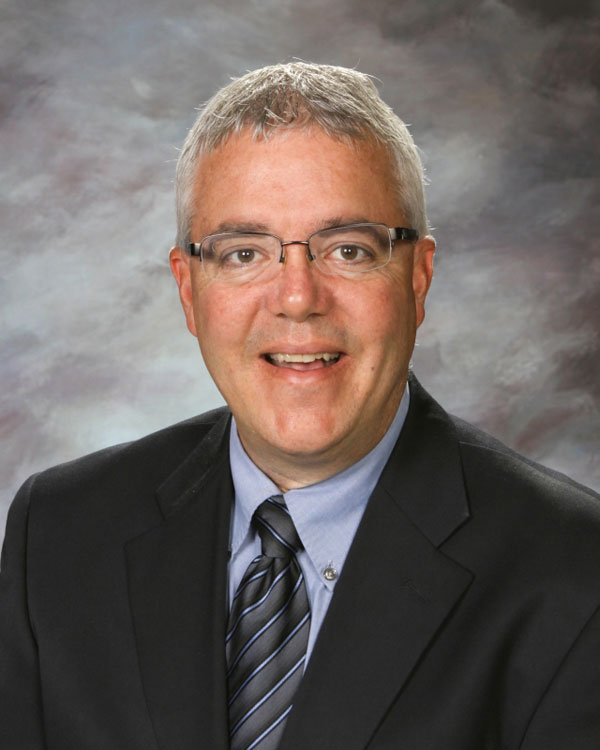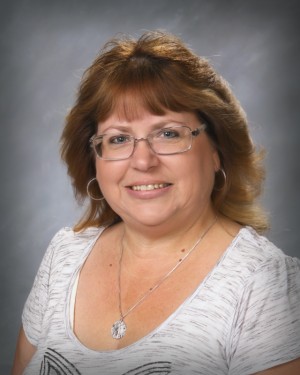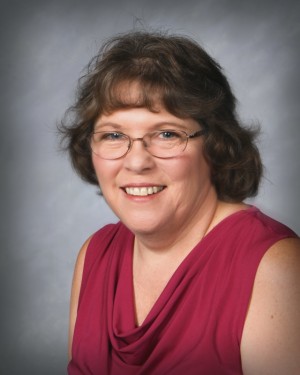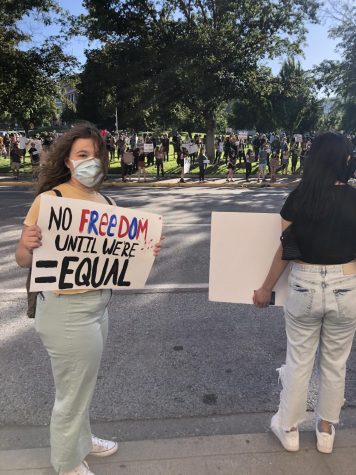Alcohol abuse ‘inaccurate, inflammatory’
Administration responds to Apple Leaf article
Principal Bob Celebrezze responded to The Apple Leaf’s “Intoxication at school dances a serious problem,” article from Nov. 5 with an email sent to all staff members and some Wenatchee School District administrators, blasting the newspaper’s coverage as “inaccurate” and “inflammatory.”

The email addressed the allegations of the administration “having their heads in the sand” during the Homecoming dance held Oct. 25.
“This portrayal of the current administration turning their heads to alcohol or drug use by any student is wholly inaccurate, inflammatory and not true in any way,” Celebrezze said in his email. To support his argument, Celebrezze cited a couple changes put into place by the WHS administration for school-sponsored dances:
— Seven faculty members were acting as chaperones at the 2014 Homecoming dance.
— Required a Wenatchee Police Officer to attend the Homecoming dance.
Despite the administration’s efforts to combat this issue, some say it hasn’t gone far enough. Some school staff have suggested that there could be more training of chaperones, closer inspections of the restrooms for suspicious behavior, and increased use of breathalyzers.
Student Support Specialist Amy McCubbin said she is a proponent of training the chaperones in drug and alcohol recognition. “You could have, on the day of the event, a 20-minute training of the chaperones in what to look for,” referring to drug and alcohol recognition, McCubbin said.

McCubbin said students who are intoxicated on alcohol are easily identified by physical appearance, and behaviors such as, “stumbling, slurring words, and getting louder than normal.”
She also mentioned other methods like, “having people patrol the bathrooms,” and looking for suspicious activity like “groups of guys going into [the] bathroom for 15 minutes.”
McCubbin is also a proponent of the use of the breathalyzer, though she said, according to Washington State Law, the use of the breathalyzer can’t be random. A court ruling from 2008 said there must be probable cause in order to use it.
Celebrezze said he supports the use of a breathalyzer, only in circumstances where probable cause exists. “I do worry about students rights and false accusations,” he said.
Celebrezze said he entrusts the use of a breathalyzer to the Wenatchee Police officer at all school dances. They are the expert who is trained in drug and alcohol recognition, he said.
While Celebrezze insists upon an officer trained in drug and alcohol recognition, he doesn’t support the training that McCubbin suggests.
“I’m fairly convinced a 20-minute session wouldn’t be adequate in recognizing someone on drugs, plus there are so many masking procedures students use. That’s why I have a drug recognition expert from the Wenatchee Police Department,” Celebrezze said.
“I think breathalyzers are a good tool to use in determining kids that are under the influence,” school nurse Michelle Benner said.

“I don’t want kids to avoid me because they’re worried about being caught. Kids need to get help if they’re having health problems,” Benner said.
Student alcohol use continues to be talked about, even weeks after the Homecoming dance.
“It’s obvious what they (the students) are talking about. They aren’t really secretive about it,” English teacher Jake St. John said, who noted that his three AP classes were “abuzz” about all the intoxication at the Homecoming dance for several days after the dance.
“With this issue I felt pretty uncomfortable (kids talking about it in class). I was not sure how to deal with it. It sent up red flags — we have a problem,” St. John said.
“It is important to recognize that this is a community issue. The problem does not rest on the adults or district’s shoulders. It is a community issue,” St John said.
He added, “I’ve lost friends, good friends, to alcohol use. It hits home personally, because I’ve seen the effects.”



